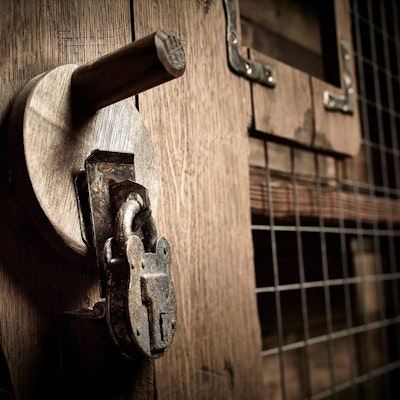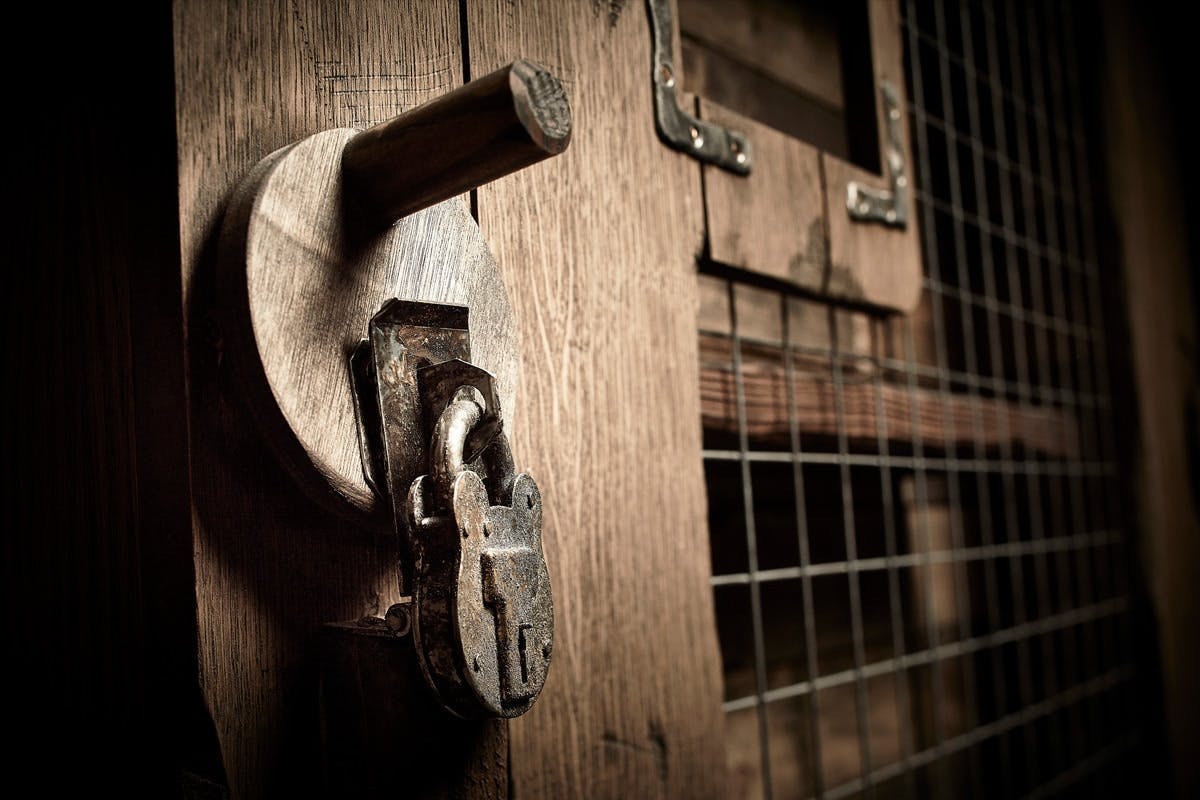
What is an escape room?
Escape rooms are a real-life, immersive puzzle game, where players must work together to find clues, solve puzzles and crack codes within a ‘locked’ room, usually with a particular theme. These puzzles need to be solved in a certain time frame, normally 45-60 minutes, in order to win the game.
Types of escape rooms
There are several different types of escape rooms, although their premise remains the same. Most escape rooms will have a specific theme, such as solving a murder, breaking out of a dungeon, or taking on a villain. Some escape rooms are based on a particular video game, TV show, or book; others use state-of-the-art virtual reality, allowing participants to step into another world entirely.
Classic escape rooms.
The escape room as we know it today originated in Japan, and is based on the popular ‘escape the room’ video game subgenre. Participants are locked in a room that symbolises a closed place, like a haunted house, a pyramid, or a pirate ship, and must work together to escape the room within a set time frame.
Online escape rooms.
Online escape rooms have seen a huge rise in popularity, in part due to people spending more time at home during the Covid-19 pandemic. The premise follows that of the traditional escape room, with players solving puzzles in order to ‘win’ the game. Online escape rooms can be played across single or multiple electronic devices, and often across households. Unlike traditional escape rooms, time limits vary, with some allowing participants to work at their own pace completely.
Virtual reality escape rooms.
Virtual and augmented reality escape rooms allow players to experience the immersive nature of the classic escape room on a brand-new level. It’s like playing a video game on a real-life scale, either using VR free-roam headsets, or entering a state-of-the-art virtual reality arcade. The advantage of VR is that participants aren’t bound by the limitations of one or two rooms: players can step into a hyper-realistic new world, with larger areas to roam, and more intricate and dangerous storylines.

How do escape rooms work?
Chances are, you’ve heard of escape rooms - but have you ever wondered how they actually work? While each escape room is unique, there are a few things that tend to stay the same, no matter whether you’re fending off zombies in a post-apocalyptic universe or trying to crack an unsolved murder case!
Here’s how it works: a group of players will be given a particular mission by their Game Master. Once they’ve entered the escape room, they’ll need to work together to find clues and solve puzzles to progress through the game and break out in time. In some escape rooms, the Game Master may offer tips along the way. Every escape room is different, but the aim is always to solve the mission before time runs out.
Escape room rules
What can you expect when it comes to escape room rules? Here are a few common examples you might come across when you visit an escape room.
- No mobile phones or outside tools. While it might be tempting to take yours in, escape rooms are great for developing communication skills, and leaving your phone behind ensures that everyone feels fully involved. Other items that are commonly forbidden include pen and paper, all electronic devices, cameras, bags, and keys.
- Don’t damage anything. Escape rooms are all about critical thinking and problem-solving, not physical force. If there’s something you’re trying to open, but struggling to, it might be for a reason. If you’re unsure, you can ask your Game Master, who’ll be on hand throughout.
- Minimum age requirements. While minimum age requirements will vary, the rules are in place for a reason. This might be due to the content, equipment, or theme. There are plenty of child-friendly escape rooms around, though, so there’s no need for anyone to miss out.
- Time limit. Once you’ve hit your time limit, the game’s up. There’s no pleading for an extra few minutes here - see it as part of the fun.
- No alcohol. Unless it’s an escape room that explicitly includes alcohol as part of the experience, alcohol is forbidden. Some escape rooms will turn you away if you appear visibly intoxicated.

Origins of Escape Rooms
Where did escape rooms originate? It’s a widely debated topic, but the most common answer is that modern escape rooms were inspired by the subgenre of ‘escape-the-room’ video games, notably the Japanese video game Crimson Room, created in 2004. In 2007, Japanese entrepreneur Takao Kato, of SCRAP Publishing, brought the concept to life, creating an immersive game in which players had to solve riddles in order to escape a locked room. “I thought I could create my own adventure, a story, and then invite people to be a part of it,” he explained in an interview with Japan Times in 2009.
The concept proved lucrative, and it wasn’t long before live escape rooms gained popularity across the world, with Singapore and the US two of the first to jump on the bandwagon. The first escape rooms in Europe began in Hungary in 2011; soon after, the idea spread to the rest of Europe. The first escape room in the UK was opened in London in 2012.
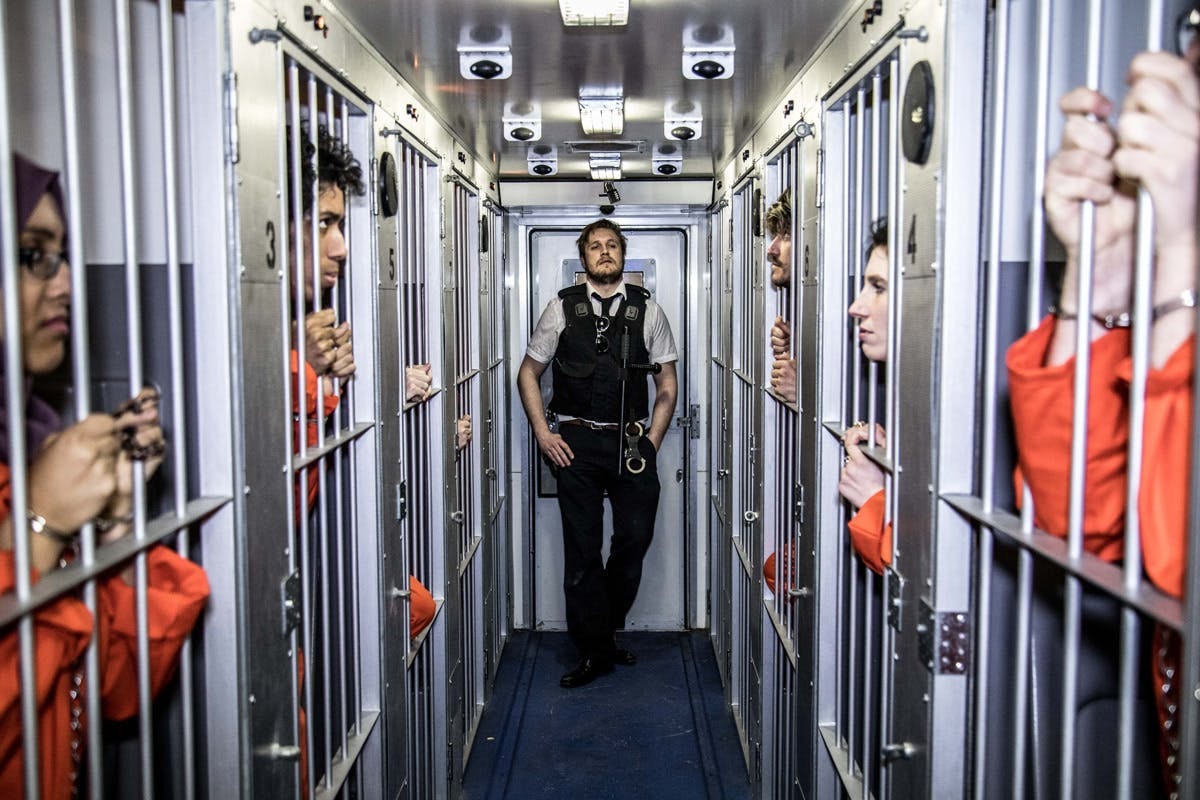
The Rise of Escape Room Popularity
As of November 2019, estimates showed that there were more than 50,000 escape rooms worldwide. However, this is likely to be a conservative estimate, and the true number much higher, particularly with the huge rise in popularity of online escape rooms during the Covid-19 pandemic.
In 2019, The Guardian reported that there were over 1,500 escape rooms in the UK alone.
The mass appeal of escape rooms comes as little surprise. Not only are they great fun, they also strengthen critical thinking, pique our innate curiosity and help with communication skills. Escape rooms have become an increasingly popular choice for company team-building activities, as well as families and groups looking to enjoy something out of the ordinary.
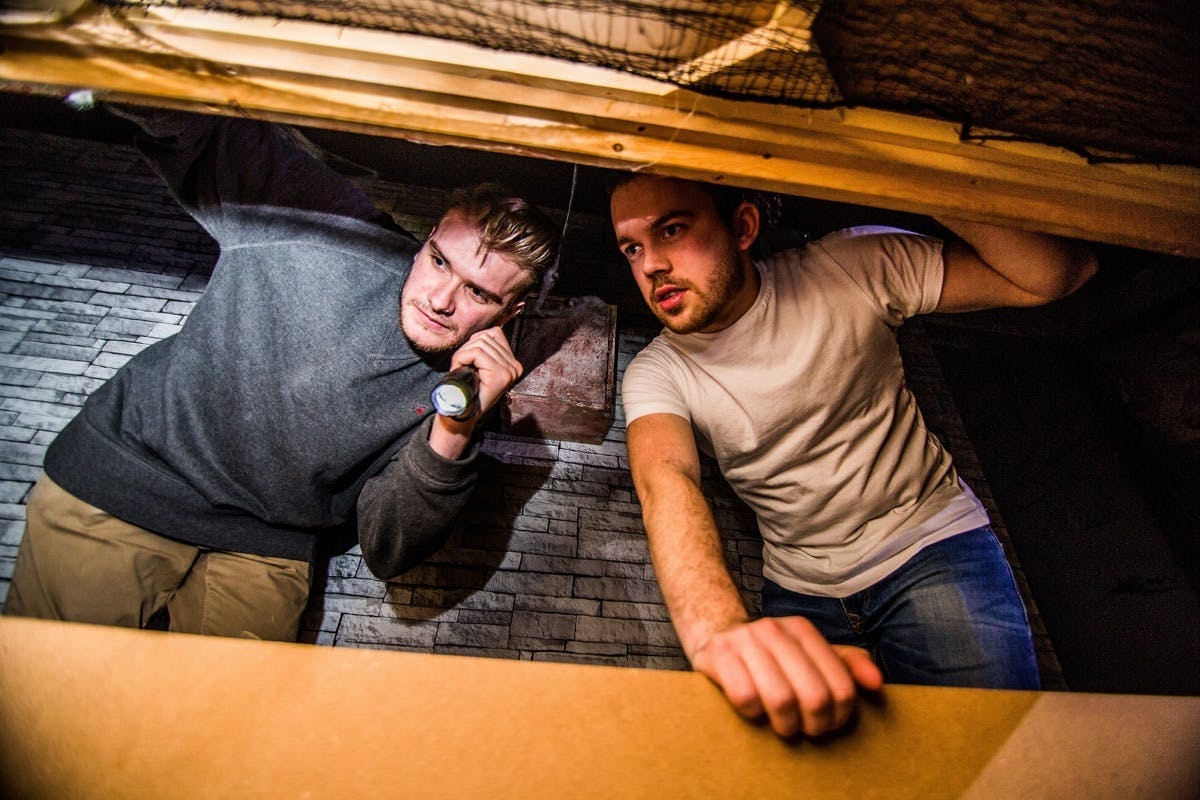
Tips on Solving Escape Rooms
Looking for tips and tricks on solving your next escape room? Here we’ve broken down some of the best escape room strategies to increase your chances of getting out.
Choose your escape room wisely.
Themes are an important part of escape rooms, so if you’re serious about winning, choose a theme that your group is familiar with.
Identify each team member’s strengths and weaknesses.
If there’s someone in the team, for example, who’s a whizz at mental maths, make sure you know about it beforehand! Similarly, remember that each player will have their own strengths and weaknesses to bring to the group, so delegate accordingly.
Observe.
Those who do best in escape rooms are those who stay eagle-eyed! Keep your eyes peeled for keys, locks, letters, numbers, and symbols, as well as anything that looks out of place.
Keep an eye on time.
Don’t spend too much time on one thing: if you’re stuck on one clue for too long, you can always come back to it.
Pay attention, and listen.
Escape rooms can get chaotic. It’s important to keep calm, and focus on the task at hand. Listening - both to your teammates and your Game Master - is a key part of communicating successfully during the game.

Escape Room FAQs
Here you’ll find the answers to some of the most commonly asked questions when it comes to escape rooms.
Are escape rooms difficult?
Yes, but they’re designed to be solved! Expect a challenge that’ll keep you engaged, but one that feels achievable. Remember that the difficulty of an escape room will vary depending on who it’s for, too: there are plenty of child-friendly options available.
Are they worth the money?
When you consider what’s involved - the immersive experience, the storytelling, the equipment and the set-up - it’s safe to say that yes, escape rooms are absolutely worth the money. If you’re going as a group, you’re likely splitting the cost, making it even more value for money.
Are escape rooms dangerous?
Escape rooms, like any licenced set up, have to follow rules ensuring safety for both participants and staff. UK regulations are strict and stringent measures are kept in place, meaning that even if the theme of your escape room feels pretty scary, you’re as safe as you would be in any other everyday experience.
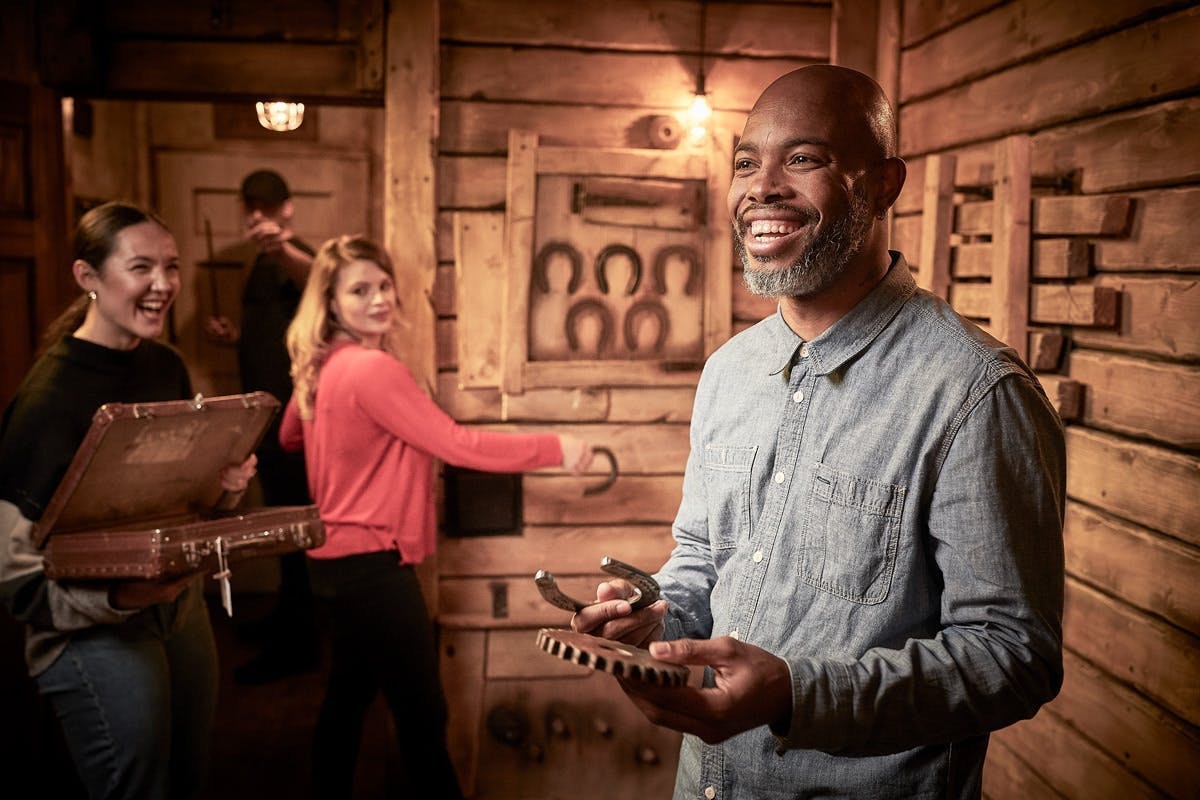
Summary
If you’ve got this far, you’re now equipped with pretty much everything you need to know about escape rooms. However, there’s nothing like practice when it comes to mastering your breakout skills. These days, you can find an escape room for almost every occasion, persuasion and event: so whether you’re a VR aficionado, a lover of video game nostalgia, or you just fancy trying something new and exciting on your next day out, there’s an escape room to match your interests.


